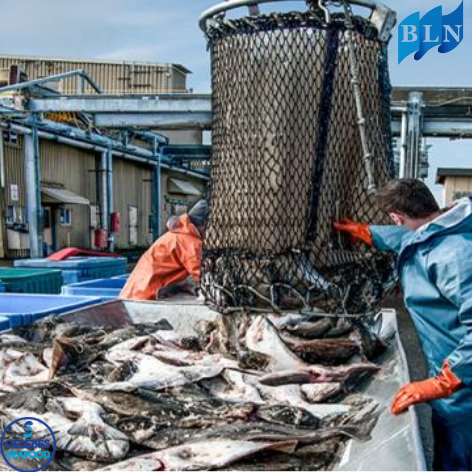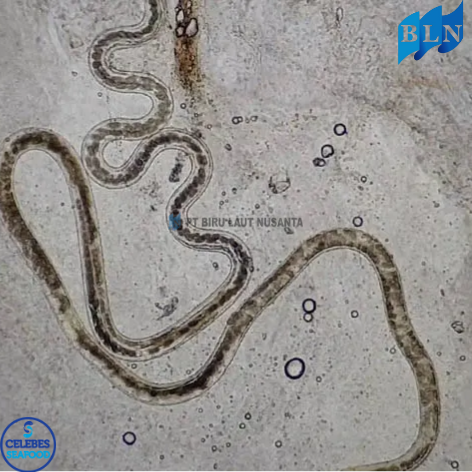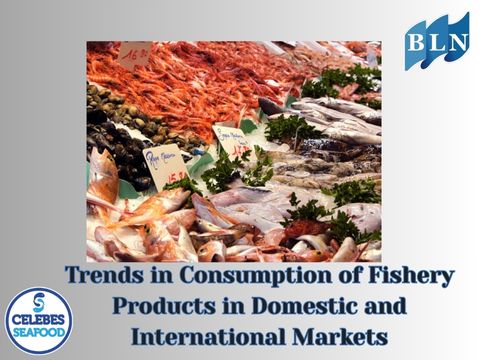Government Policies that Shape the Fish Export Sector
By. Nindi - 15 Apr 2025
lautnusantara.com The fish export sector plays a significant role in the economy of many coastal and island nations, including Indonesia. Government policies are pivotal in shaping the success, sustainability, and competitiveness of this sector. These policies can influence production, quality control, international trade relations, and the overall growth of the industry.
1. Regulatory Framework and Licensing
One of the fundamental aspects of government involvement in the fish export sector is the establishment of a clear regulatory framework. Governments typically set licensing requirements for fishing operations, aquaculture facilities, and export businesses. These regulations help ensure the legality, traceability, and sustainability of fish products.
2. Quality and Safety Standards
To meet international market demands, governments enforce strict quality control and food safety standards. Agencies such as Indonesia's Ministry of Marine Affairs and Fisheries (KKP) mandate compliance with hygiene, handling, and packaging protocols aligned with global standards such as those set by the European Union or the United States FDA.
3. Export Incentives and Subsidies
Many governments support their fish export sectors through subsidies and incentives, including tax exemptions, grants for cold storage infrastructure, and low-interest financing for exporters. These programs aim to increase competitiveness and encourage investment in value-added processing.
4. Trade Agreements and Market Access
Bilateral and multilateral trade agreements significantly impact the fish export sector. Governments negotiate trade deals that reduce tariffs and non-tariff barriers, opening up new markets for exporters. For example, ASEAN Free Trade Agreements (AFTA) help Indonesian fish products reach neighboring countries more easily.
5. Sustainability and Conservation Policies
Modern fishery policies often incorporate sustainability measures, such as catch quotas, closed seasons, and marine protected areas. These policies aim to preserve fish stocks while ensuring long-term viability of the industry.
6. Capacity Building and Training
Governments also play a role in developing human capital by providing training and education to fishers, processors, and exporters. Programs may focus on improving fishing techniques, product handling, and export documentation.
Government policies are the backbone of a successful fish export sector. From regulation and quality assurance to market access and sustainability, these policies directly influence the sector's performance. Strategic policymaking, coupled with strong implementation and stakeholder collaboration, is key to enhancing global competitiveness and ensuring the long-term health of marine resources.



.jpg)



